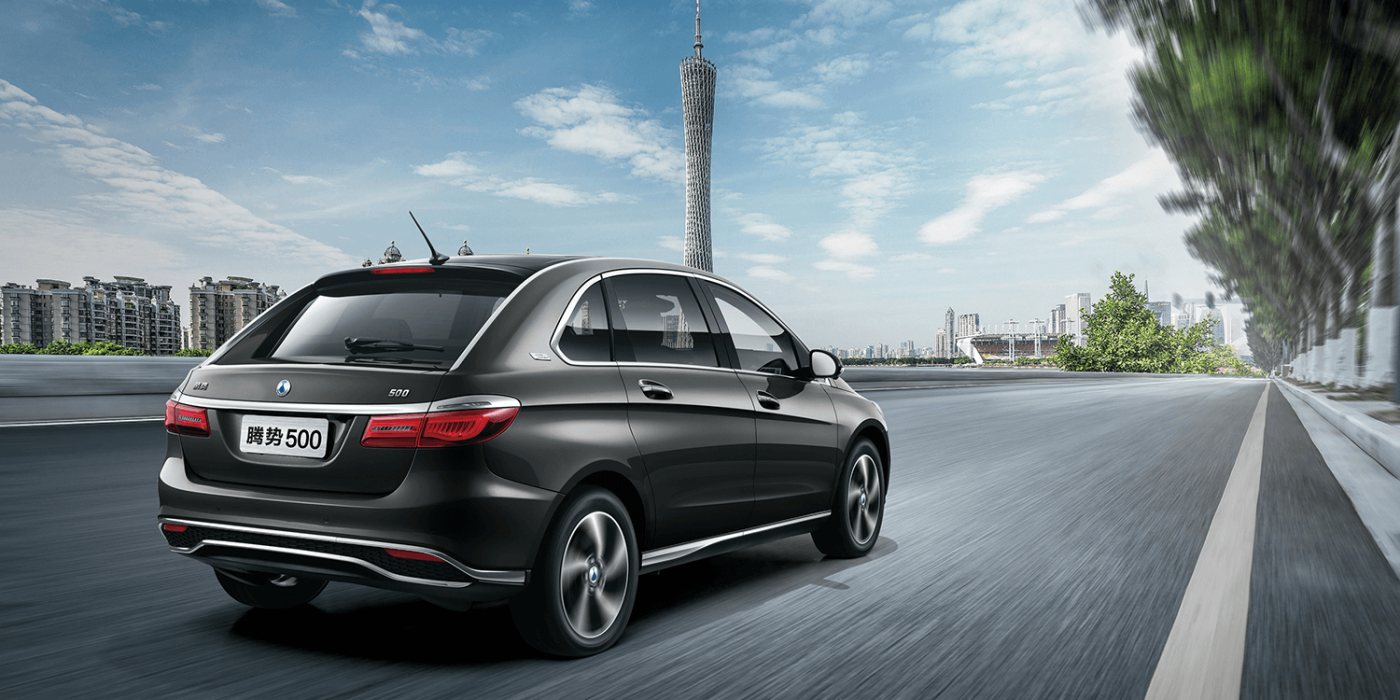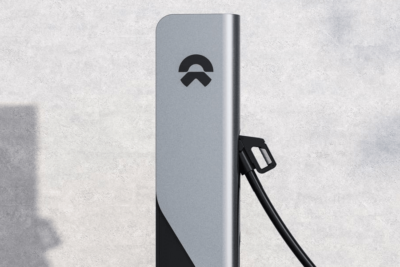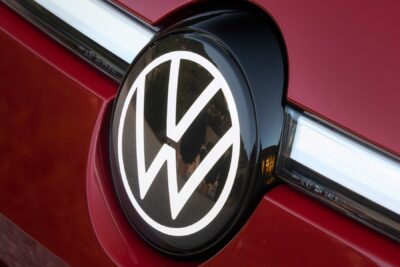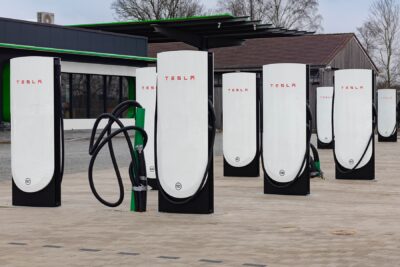China drops JV requirements for foreign companies
Now it’s official, the government in Beijing has dropped the requirement for foreign car manufacturers to team up with a local joint venture partner – and sooner than expected. Specifically foreign firms making BEVs and PHEVs may begin selling in China this year.
Until this decision, foreign car manufacturers were forced to join a joint venture with a Chinese company before being allowed to do business on Chinese soil. That will change now.
Even for those vehicles that are not electrified, the JV requirement will expire in 2020 for utility vehicles and 2022 for personal cars, the state commission for national development and reform announced. Those building new energy vehicles however, may enter the market this year potentially.
This decision is of particular interest to Tesla, obviously, who had been attempting to start a factory in Shanghai without taking a JV partner on board, albeit unsuccessfully. While many other manufacturers simply accepted the price of doing business in the world’s largest car market and integrated with a Chinese partner, Tesla’s endurance may pay off in the end.
Only a few days ago did Chinese president Xi Jinping announce changes to the import legislation, at the Boao Forum for Asia.
Already then he said there would be “significant” changes to the policy, but did not elaborate to exact measures. This time it seems that the Chinese government really came through for foreign automotive producers. Import tariffs in China for vehicles currently stand at 25 percent.






0 Comments